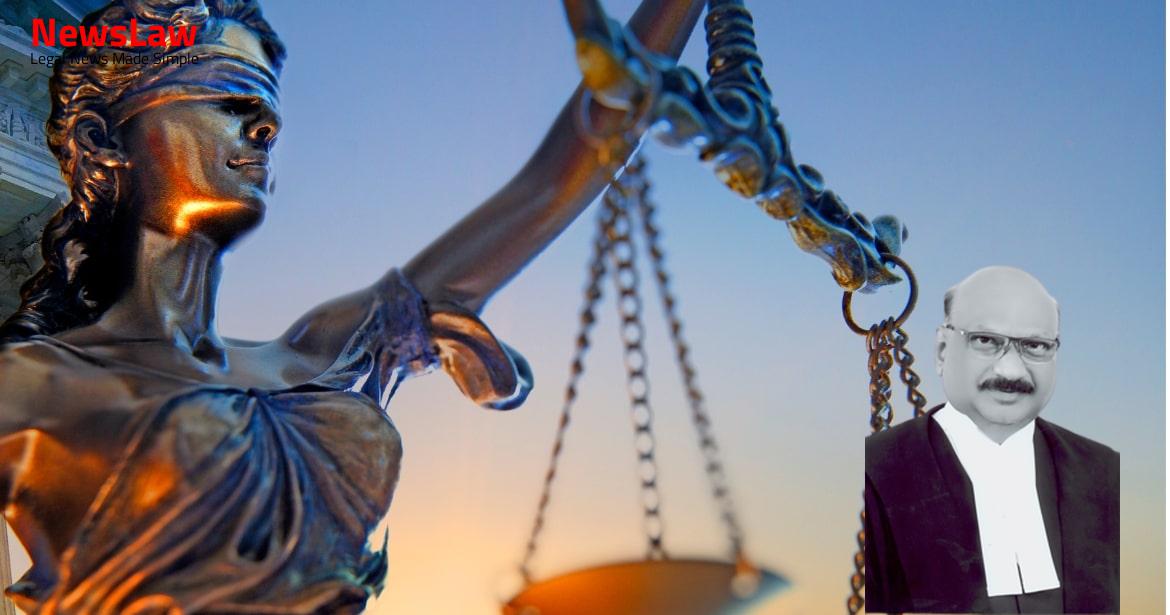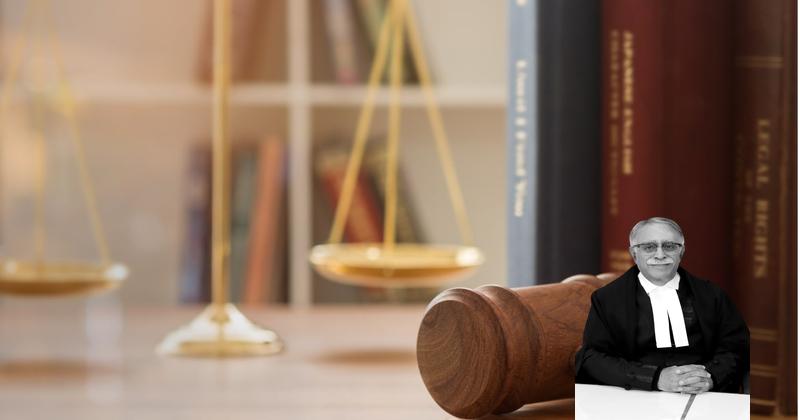Explore the in-depth legal analysis conducted by the High Court regarding teacher appointments in Himachal Pradesh. The court evaluated the government policies and schemes, emphasizing the necessity of following recruitment rules for teacher regularization. This case summary focuses on the implications of the court’s decision on the existing appointments and the overarching impact on education policies in the state.
Facts
- The learned Single Judge of the High Court allowed the writ petition by directing the State to phase out teachers appointed under The Himachal Pradesh Prathmik Sahayak Adhyapak/Primary Assistant Teacher Scheme, 2003 and fill up existing vacancies of JBT posts strictly in accordance with Recruitment and Promotion Rules.
- Three individuals approached the High Court seeking directions to fill up vacancies of Junior Basic Trained teachers in accordance with rules and to restrain the State from regularizing Primary Assistant Teachers appointed in violation of Constitutional Schemes and Laws.
- The Division Bench of the High Court set aside the Single Judge’s order and dismissed the writ petitions, allowing the Letters Patent Appeals on various grounds such as delay in filing petitions, no question raised at the time of appointment, long service rendered by teachers, and explanation for the appointments given by the State.
- The affected/aggrieved parties include individual teachers, Association of Primary Assistant Teachers, and the State of Himachal Pradesh.
- The writ petitions and Letters Patent Appeals have been filed in response to the policies framed by the Government of Himachal Pradesh, including The Himachal Pradesh Prathmik Sahayak Adhyapak Scheme; The Himachal Pradesh Para Teachers (Lecturer School Cadre), Para Teachers (TGT’s) and Para Teachers (C&V) Policy, 2003; and the Himachal Pradesh Gram Vidya Upasak Yojna, 2001.
- These schemes were designed to address the vacancies in teaching positions across various categories, in accordance with the government policies formulated in 2001 and 2003.
Also Read: Ensuring Constitutional Rights: Analysis of Default Bail in Legal Case
Arguments
- JBT qualified persons were available at the relevant point of time, but appointments were made without issuing proper advertisement.
- Appointments were made under various schemes without adhering to the rule of reservation.
- Judgments cited by counsel support the argument that appointees appointed contrary to rules cannot be regularized.
- Primary Assistant Teachers Scheme of 2003 was introduced due to non-availability of trained teaching manpower in remote areas.
- Appellant nos. 1 and 4 were appointed as JBT teachers and are currently working, leaving only appellant no. 2 as the eligible candidate for regularization.
- Appointments of teachers were made under various schemes which were contrary to the rules framed under proviso to Article 309 of the Constitution.
- Appointments under the schemes have not adversely affected the writ petitioners and were deemed necessary to ensure the proper functioning of schools.
- All appointees have fulfilled the qualifications required under service rules.
- There was no delay in challenging the appointments until several years after they were made.
- Para Teachers under the schemes were fully qualified as per Recruitment and Promotion Rules in force.
- A Cabinet decision was taken to take over such teachers on contract basis after a certain period of service, to meet the immediate requirement of filling vacancies in schools.
- The objective of the Scheme was to ensure compulsory enrollment of children in schools for elementary and primary education.
- Relief was sought against the State to deny primary assistant teachers scheme of 2003.
- Appellants in Civil Appeal No. 2813 of 2017, except appellant nos. 1, 2, and 4, have withdrawn the appeal.
- Appellant no. 2, Rajiv Chauhan, is qualified, and there are vacant posts available for consideration if he applies.
- Petitioners who only became qualified in 2011 are not entitled to relief due to unexplained laches and delay of more than 10 years in approaching the court.
- Appointed teachers were not even impleaded as party respondents in the case.
- An Association was impleaded as the third respondent without showing majority membership of appointees.
Also Read: Rectification of Consent Decree in Property Dispute
Analysis
- The State justified the appointments of teachers with higher qualifications due to vacancies in hard topography/tribal areas
- 3294 currently working teachers have acquired professional qualifications like diploma in elementary education
- Appointments were made as per government schemes and not considered illegal, just irregular
- The Para Teachers policy was put in place due to vacant posts and issues with the selection board
- All teachers recruited under various schemes met the educational qualifications
- Cabinet decision to take over teachers on contract basis after a certain period of service
- 5017 out of 6799 teachers already taken over on contract basis by the State Government
- Appointees completed more than 15 years of service and are entitled to regularization/absorption
- Primary Assistant Teacher Scheme aimed at compulsory enrollment in remote areas for primary education
- Eligibility for the scheme included 10+2 qualification, with preference for candidates with higher qualifications
- 3294 teachers currently working in this category, with varying levels of qualifications
- Appointed candidates working on meager salaries as per government schemes
- Appointed Primary Assistant Teachers completed special training and obtained JBT certificate
- Considering the unique circumstances, appointees with 15 years of service and professional qualifications should not be denied regularization
- The schemes and policies regarding appointments were notified in 2003 without any prior questions or disputes until 2012 and 2013.
- Appointments made according to these policies cannot be considered illegal due to their nature.
- The writ petition, filed in 2012, did not include the appointees as party respondents and lacked a rejoinder disputing the State’s averments in the reply affidavit.
- Based on the material and reasons presented, the High Court’s judgment was found to have no grounds for interference.
Also Read: Curbing Frivolous Litigations: Judicial Analysis
Decision
- All appeals dismissed
- No order as to costs
Case Title: CHANDER MOHAN NEGI Vs. STATE OF HIMACHAL PRADESH (2020 INSC 340)
Case Number: C.A. No.-002813-002813 / 2017



